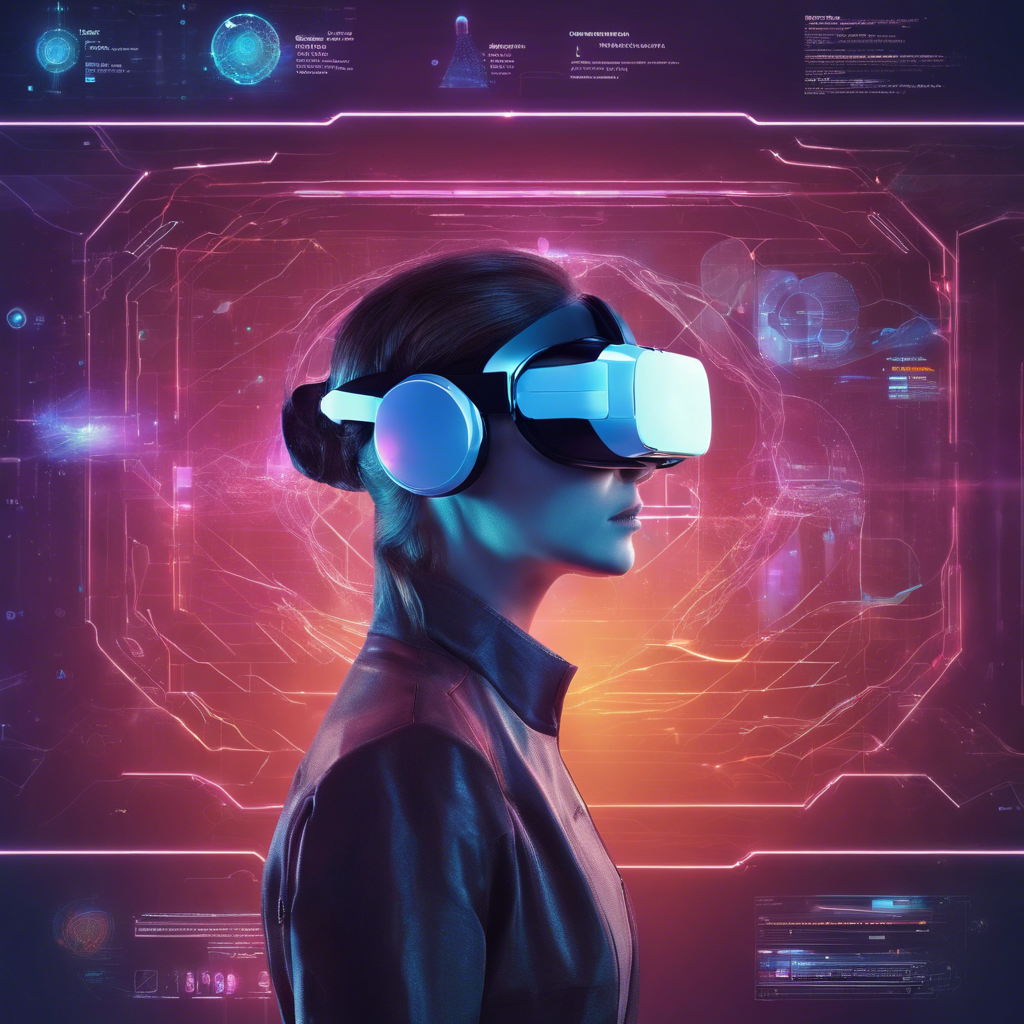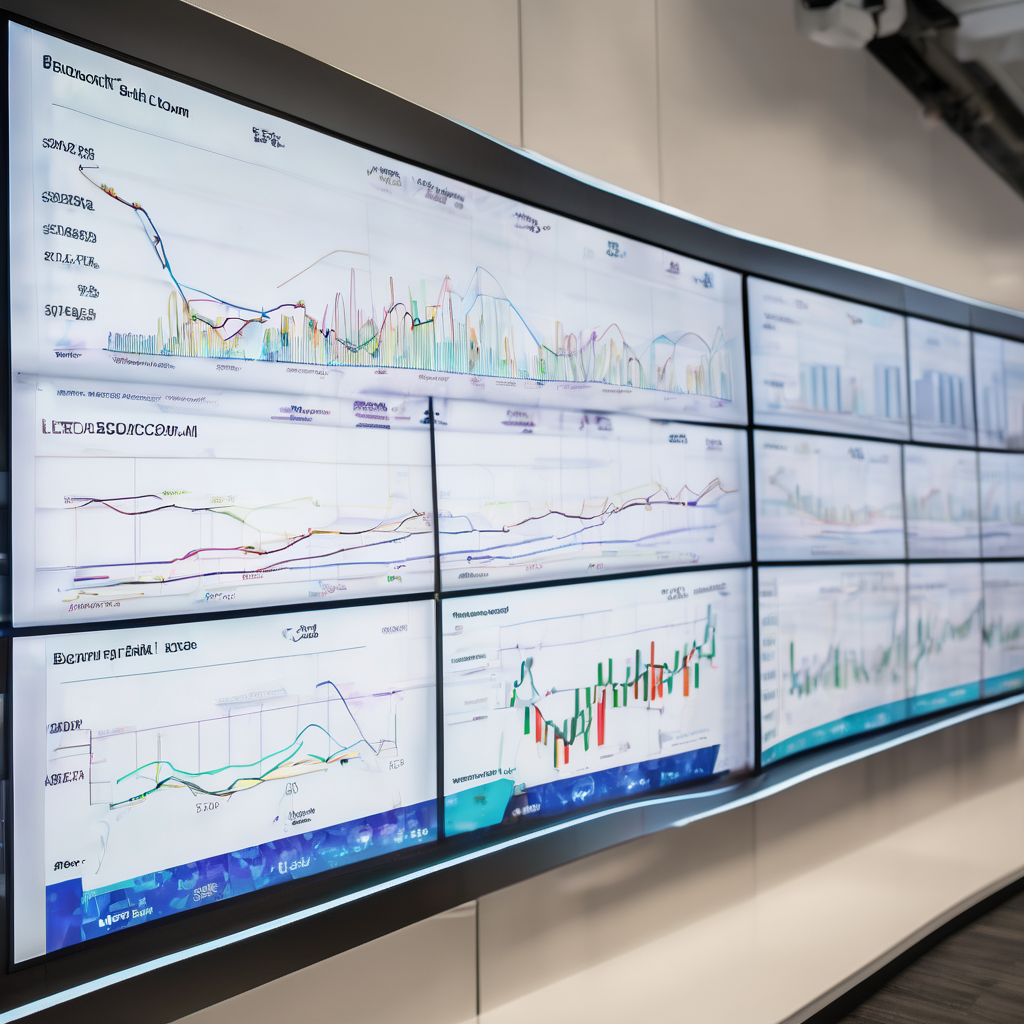
In an initial study, researchers discovered that spending around thirty minutes interacting with an AI simulation called Future You led to reduced anxiety and a stronger connection with participants' future selves. Pat Pataranutaporn, a doctoral graduate from MIT, highlighted that while we don't have a real time machine, AI can simulate one by prompting users to reflect on their current decisions' consequences. The research team included co-lead authors Kavin Winson from KASIKORN Labs, Harvard undergraduate Peggy Yin, plus additional researchers from KASIKORN Labs and leading academics from MIT and UCLA. Their findings will be presented at the IEEE Conference on Frontiers in Education. Historically, methods to envision future selves have included letter writing and virtual reality, but these lacked interactivity. The researchers utilized generative AI to enable realistic conversations between users and their future selves, enhancing detail beyond mere imagination. Users share insights about their lives and goals, and the AI generates "future self memories" for richer interactions.
This method encourages introspection about personal aspirations and allows users to visualize age-progressed photos of themselves. The platform’s design fosters meaningful conversations, offering guidance from an imagined older version of oneself, which aids in alleviating anxiety about the future. Still, to mitigate potential negative implications of the simulation, Future You clarifies it represents only one possibility of the future, allowing for different conversational outcomes. A study with 344 participants revealed that those who interacted with Future You forged a closer relationship with their envisioned future selves and reported decreased anxiety. Feedback indicated that users found their simulated identities authentic and aligned with their values. Experts praised this innovative approach, calling for further exploration of its potential applications, such as career exploration or understanding the impact of daily choices on issues like climate change. The researchers aim to refine user engagement and implement safeguards to prevent misuse. They emphasize the tool's purpose is to facilitate personal growth and self-reflection, rather than creating dependency.
AI Simulation Reduces Anxiety and Strengthens Connection with Future Self


Examining AI ‘hallucinations’ and Sunday’s Gaza blasts Thomas Copeland, BBC Verify Live journalist As we prepare to close this live coverage, here's a summary of today's key stories

The challenge marketers face today is harnessing AI’s potential without compromising sustainability goals—a question we at Brandtech have been exploring with clients and industry peers.

By 2028, it is expected that 10 percent of sales professionals will use the time saved through artificial intelligence (AI) to engage in 'overemployment,' a practice where individuals secretly hold multiple jobs simultaneously.

OpenAI has rapidly established itself as a leading force in artificial intelligence through a series of strategically crafted partnerships with top technology and infrastructure companies worldwide.

A recent study reveals stark differences in how reputable news websites and misinformation sites manage AI crawler access via robots.txt files, a web protocol controlling crawler permissions.

On Saturday, President Donald Trump shared an AI-generated video showing him in a fighter jet dropping what appears to be feces onto U.S. protesters.

Nvidia Corp.
Automate Marketing, Sales, SMM & SEO

and get clients on autopilot — from social media and search engines. No ads needed
and get clients today